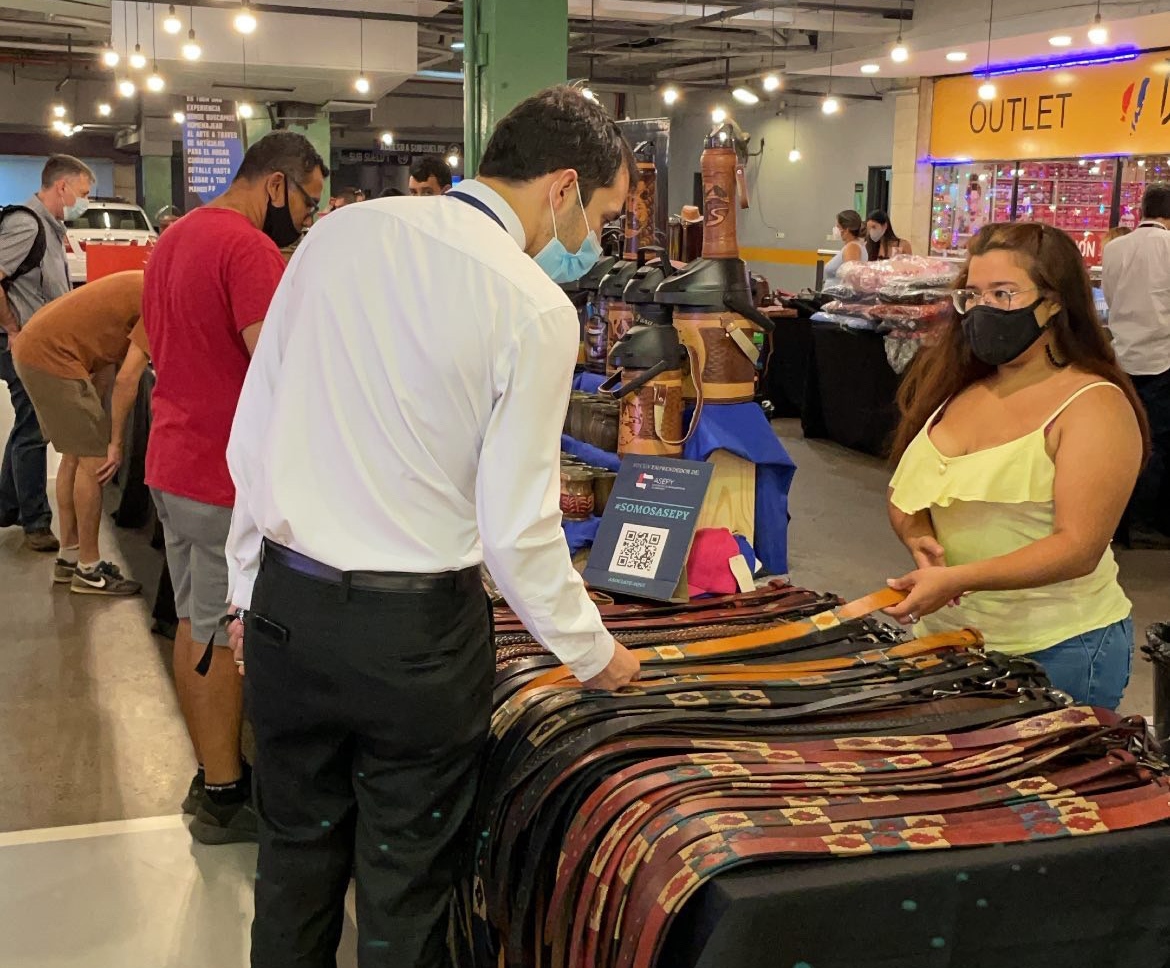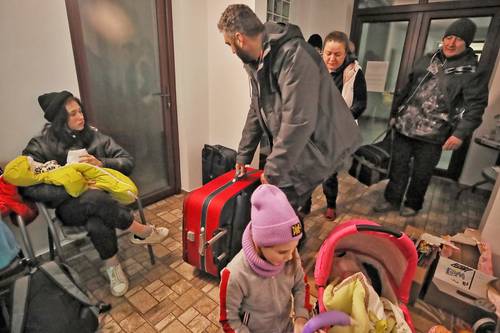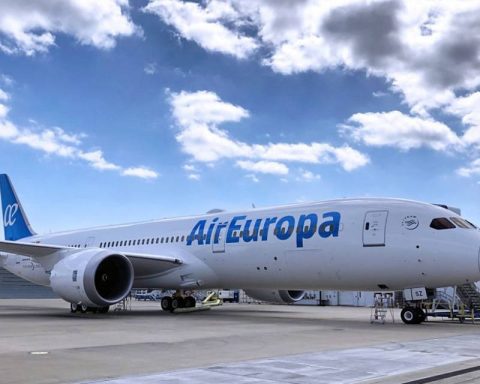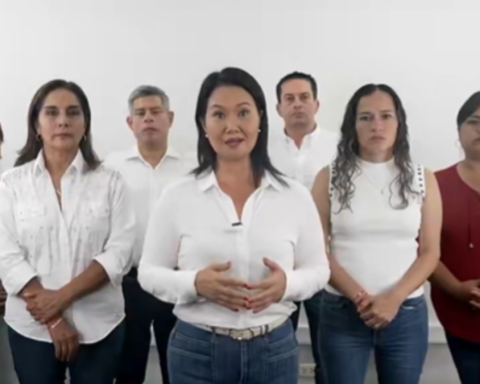This amount is aimed at the economic sectors most affected by the pandemic: events, hotels, restaurants, tourism and entertainment agencies; and independent, self-employed and professional workers, whether natural persons, sole proprietorships or legal entities, whose economic activity is directly or indirectly related to the aforementioned items.
According to data provided by Asepy, to date, the institution has helped self-employed workers to present 168 folders; for its part, the BNF approved and disbursed 57 requests, rejected 36 and there are still 26 that are in the commercial area, while five are in the credit risk area. In short, the amount in cash disbursed is 3.2 billion guaraníes, equivalent to USD 450,000, 2.25% of the total fund.
In this sense, Asepy recommends that the national bank, in order to encourage applicants and improve their credibility, add to the current booklet the documents that the Department of Legal Advice for legal entities incorporates once the file has been presented, speed up the processes in each Department (SMEs, Risks, Legal Advice, Trust), expand the limit amount of 6 minimum wages (Gs 12,600,000) to companies originated in a pandemic and release the condition to be subject to eligible credit only to the sectors mentioned.
On the other hand, Marta Arriola, coordinator of Asepy, lamented the slow and excessively bureaucratic procedures in the analyzes and the bank’s precarious response to those interested. “Currently, we do not have much demand for loans from our partners and from MSMEs in general because credibility towards the BNF has been lost, above all, due to the lack of support and acceptance criteria, such as economic activity, the amount limited according to the year of start of the activity and the size of the company that lead the applicant to look for alternatives in private banking despite the fact that he gets more debt in less time, but at least he has time to save his business”, he warned.
About the requirements
Regarding the credit subjects, Belén Abente, Asepy volunteer, stated: “In the case of not belonging to said sectors, the interested parties can present at least three invoices for the sale or provision of services to the aforementioned sectors. The required invoices may be indistinctly from the years 2018, 2019, 2020 and 2021. An important eligibility criterion is not having judicialized debts or having updated the economic activity in the RUC Certificate after June 2021, including any activity related to the sectors mentioned above”, he explained.
In terms of quantitative analysis, Abente said that the applicant’s best billing level in 2018, 2019, 2020 or 2021 is taken into account, indistinctly, based on the VAT Affidavits. “Therefore, applicants must select the year that best suits them, because the amount to be requested must not exceed 40% of the fiscal year under analysis, nor can it exceed the maximum loanable amount, according to the classification by size of the potential borrower”, he detailed.
Another requirement that the analysts will review will be the level of indebtedness and the installments of the existing debts, including the minimum payment of the credit card plus the installment of this loan, which may not exceed 60% of the average income of the year under analysis. .
“Although there are many criteria to take into account for the credit evaluation, from Asepy we offer free advice to partners and interested parties thanks to constant communication with the internal team of BNF”, emphasized Belén Abente.
To request assistance with Asepy, go to https://asepy.org/fideicomisobnf/
About Asepy
Asepy was founded in 2017 with the mission of conquering, inspiring and motivating all the actors in the economy, even those who have a vision opposed to making Paraguay the best place to undertake, in which everyone, regardless of their origin and current reality have equal opportunities to start a project or company.
Since its creation, it has trained more than 5,000 entrepreneurs throughout the country, channeling more than 3,000 million guaraníes in financing to MSMEs and entrepreneurs.
Also, it achieved the sanction of the Simplified Action Companies Law (EAS), which will allow companies to register digitally, totally free and in 72 hours. He accompanied the Factoring Law that will allow better payment conditions for entrepreneurs, among others.
The entrance … was first published in diary TODAY.


















